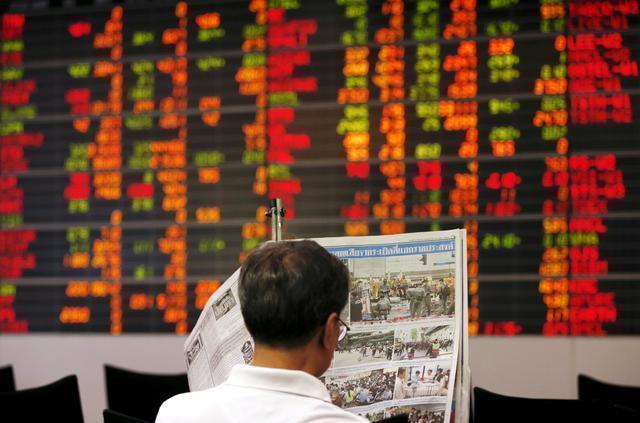State energy company BOTAS’s decision to index the natural gas usage of the energy-intensive industries such as glass, cement, iron-steel, and ceramics to daily reference price (GRF) as of October 1, has garnered reactions. The implementation has complicated predictability and sustainability, according to sector representatives. They said the hike in natural gas bills, which will exceed 37%, will cause capacity losses and price increases. Industrialists also stated that increasing costs will raise inflation through sales prices. Meanwhile, experts said the GRF must be closely monitored in terms of cost calculations.
The U.S. Supreme Court agreed to hear Halkbank’s bid to avoid criminal charges of money laundering, bank fraud, and conspiracy for allegedly helping Iran evade economic sanctions in a case that has strained American relations with Turkey, according to Reuters. The justices took up Halkbank’s appeal of a lower court’s decision rejecting the bank’s contention that it was immune from U.S. prosecution under a 1976 law called the Foreign Sovereign Immunities Act, which limits the jurisdiction of American courts over lawsuits against foreign countries because the business is majority-owned by Turkey’s government. Federal prosecutors in New York in 2019 brought charges against Halkbank, accusing it of participating in a scheme to launder about USD 20bn of Iranian oil and natural gas proceeds in violation of U.S. sanctions against Iran. The bank pleaded not guilty to charges of bank fraud, money laundering, and conspiracy over allegations that it used money services and front companies in Turkey, Iran, and the UAE to evade sanctions.
Turkey’s benchmark stock index ended yesterday at 3,392.13 points, increasing 6.67% from the previous close. Starting the day at 3,390.06 points, Borsa Istanbul’s BIST 100 index rose 212.14 points from Friday’s close of 3,179.99. The index, which gained a 3% premium during the day, accelerated to increase with the impact of the news about Halkbank. Analysts said 3,100 points will be the support level and 3,340 points will be the resistance level for the BIST 100 index, in technical terms.
Turkey and Libya signed a memorandum of understanding on hydrocarbon and natural gas during Foreign Minister Mevlut Cavusoglu’s visit to Libya. Cavusoglu, along with a delegation including Energy and Natural Resources Minister Fatih Donmez, Defense Minister Hulusi Akar, Trade Minister Mehmet Mus, Communications Director Fahrettin Altun, and presidential spokesperson Ibrahim Kalin, came to Libya for talks on bilateral ties and regional issues. Turkey and Libya also signed a memorandum of understanding to strengthen cooperation in the field of media and communication, according to a statement by the Communications Directorate. The two countries will make efforts to establish a Joint Media Platform, the statement said, noting that Turkey and Libya will act jointly to fight fake news and disinformation.
DAILY AGENDA
The Central Bank will release the Real Effective Exchange Rate for September (2.30 p.m.).
Meanwhile…
>> The Istanbul Chamber of Industry (ISO) Turkey Manufacturing PMI (Purchasing Managers Index) declined from 47.4 to 46.9 month-over-month in September, below the threshold level of 50.0 for the seventh consecutive month.
>> 106,821 companies that operate in the food sector are at risk of being unable to meet their tax obligations, according to the Treasury and Finance Ministry.
>> Bilateral foreign trade between Turkey and Libra totals USD 4bn, according to Murtaza Karanfil, Chairman of the Turkey-Libya Business Council at the Foreign Economic Relations Board (DEIK). Karanfil also said there is around USD 150bn investment potential in Libya waiting for Turkish businesspeople.
>> The share of raw materials in total imports approached 82%, according to daily DUNYA. The hike mainly stemmed from rising prices. The raw material unit price index, which stood at 91 in 2019, rose to 167 in July 2022. The fuel index, meanwhile, increased from 100 to 260 in the same period.
READ A SELECTED ARTICLE FROM OUR MAGAZINE:
>> Loans slow while interest rates decline
Daily DUNYA Editorial Coordinator and Columnist Talip Aktas addresses why loans have fallen sharply despite a negative interest rate of over 60%.










